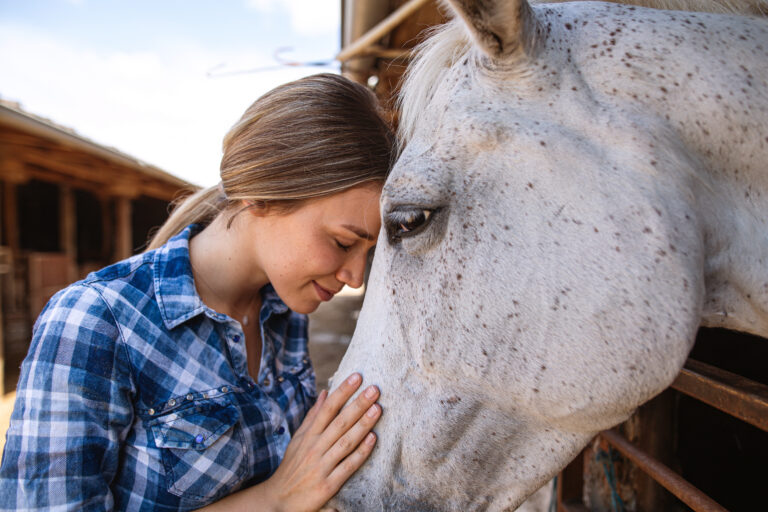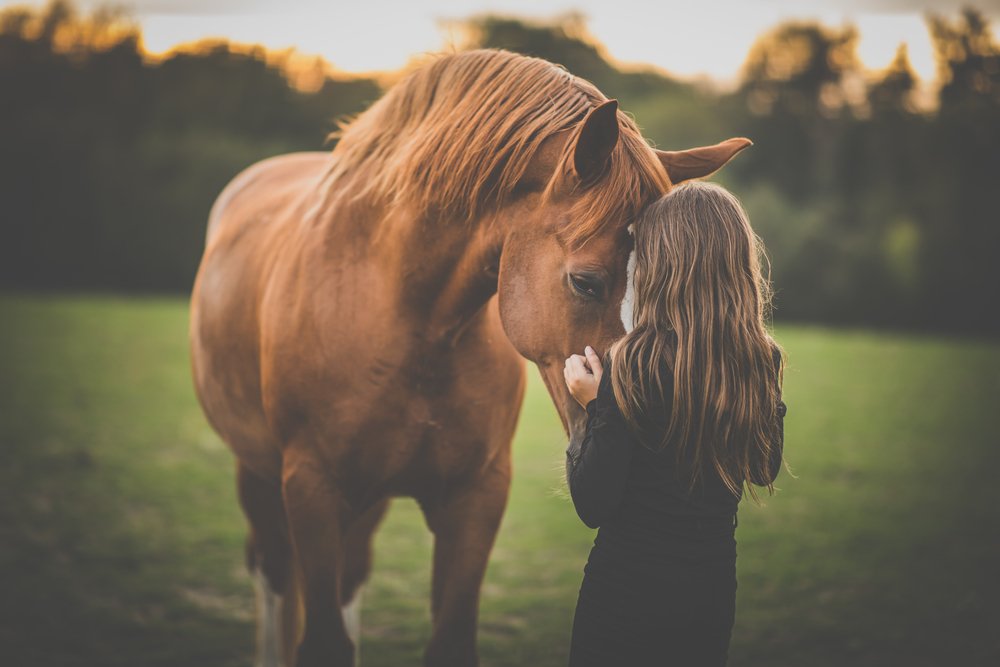As horses age, they experience a variety of changes, both physically and emotionally. Handling senior horse mood swings becomes an essential aspect of their care, especially for equestrian enthusiasts who understand the deep bond shared with their equine companions. Recognizing these mood swings and understanding how to manage them can enhance the quality of life for senior horses and ensure they remain happy and healthy.
These mood swings can manifest in various ways, from sudden changes in behavior to shifts in appetite or energy levels. By learning how to effectively manage these changes, horse owners can provide the best care possible for their aging friends.

Understanding Senior Horse Mood Swings
Just like humans, horses undergo emotional and physical changes as they age. These changes can be attributed to various factors, including health issues, environmental changes, and the natural aging process. Recognizing the signs of mood swings in senior horses is the first step in addressing them.
Common Causes of Mood Swings in Senior Horses
Understanding the root causes of mood swings in senior horses is crucial for effective management. Some common causes include:
- Health Issues: Arthritis, dental problems, and other age-related health concerns can cause discomfort and irritability.
- Dietary Changes: As horses age, their dietary needs change, and improper nutrition can lead to mood swings.
- Environmental Factors: Changes in the environment, such as new stablemates or alterations in routine, can impact a horse’s mood.
Recognizing the Signs
Being able to recognize the signs of mood swings in senior horses is essential for timely intervention. Look for changes in behavior, such as increased aggression, lethargy, or withdrawal. Additionally, pay attention to changes in eating habits or energy levels.
Strategies for Handling Senior Horse Mood Swings
Once the causes and signs of mood swings are understood, implementing strategies to manage them effectively is the next step.
Maintaining a Consistent Routine
Senior horses thrive on consistency. Keeping a regular feeding and exercise schedule helps reduce stress and promotes a sense of security. For more tips on maintaining a healthy routine, explore our exercise for older horses guide.
Providing Proper Nutrition
Adapting the diet of a senior horse to meet their changing nutritional needs is crucial. Ensure they receive the right balance of vitamins and minerals. Visit our bedding for senior horses page for more on dietary recommendations.
Regular Health Check-Ups
Regular veterinary check-ups are vital in detecting and addressing health issues that may contribute to mood swings. Consult with your vet to create a health plan tailored to your horse’s needs.
Environmental Enrichment
Providing a stimulating environment can greatly benefit a senior horse’s mental well-being. Simple changes such as new toys or varied terrain can make a significant difference. Learn more about how to create an enriching environment in our pasture management article.
The Importance of Emotional Support
Senior horses, like humans, benefit from emotional support. Spending quality time with your horse, grooming, and engaging in gentle activities can strengthen your bond and provide comfort.
Building a Strong Relationship
Building a strong relationship with your senior horse is key to understanding their needs and emotions. Regular interaction and positive reinforcement can help in managing mood swings.
Engaging in Calming Activities
Calming activities, such as slow-paced walks or gentle grooming, can help soothe a senior horse experiencing mood swings. Consider incorporating regular stretching routines to promote relaxation.

Additional Resources and Support
For further guidance on caring for senior horses, consider consulting resources like Virbac’s care guide for senior horses. These resources offer valuable insights and tips for enhancing your horse’s quality of life.
Frequently Asked Questions
What are common signs of mood swings in senior horses?
Common signs include changes in behavior, eating habits, and energy levels. Increased aggression or withdrawal can also indicate mood swings.
How can I help my senior horse with mood swings?
Maintaining a consistent routine, providing proper nutrition, and offering emotional support are effective ways to help manage mood swings.
Is it necessary to consult a vet for mood swings?
Yes, consulting a vet is crucial to rule out underlying health issues that may contribute to mood swings and to develop a tailored care plan.
By understanding and handling senior horse mood swings effectively, you can ensure your equine companion enjoys a fulfilling and happy life in their golden years.
This article contains affiliate links. We may earn a commission at no extra cost to you.
